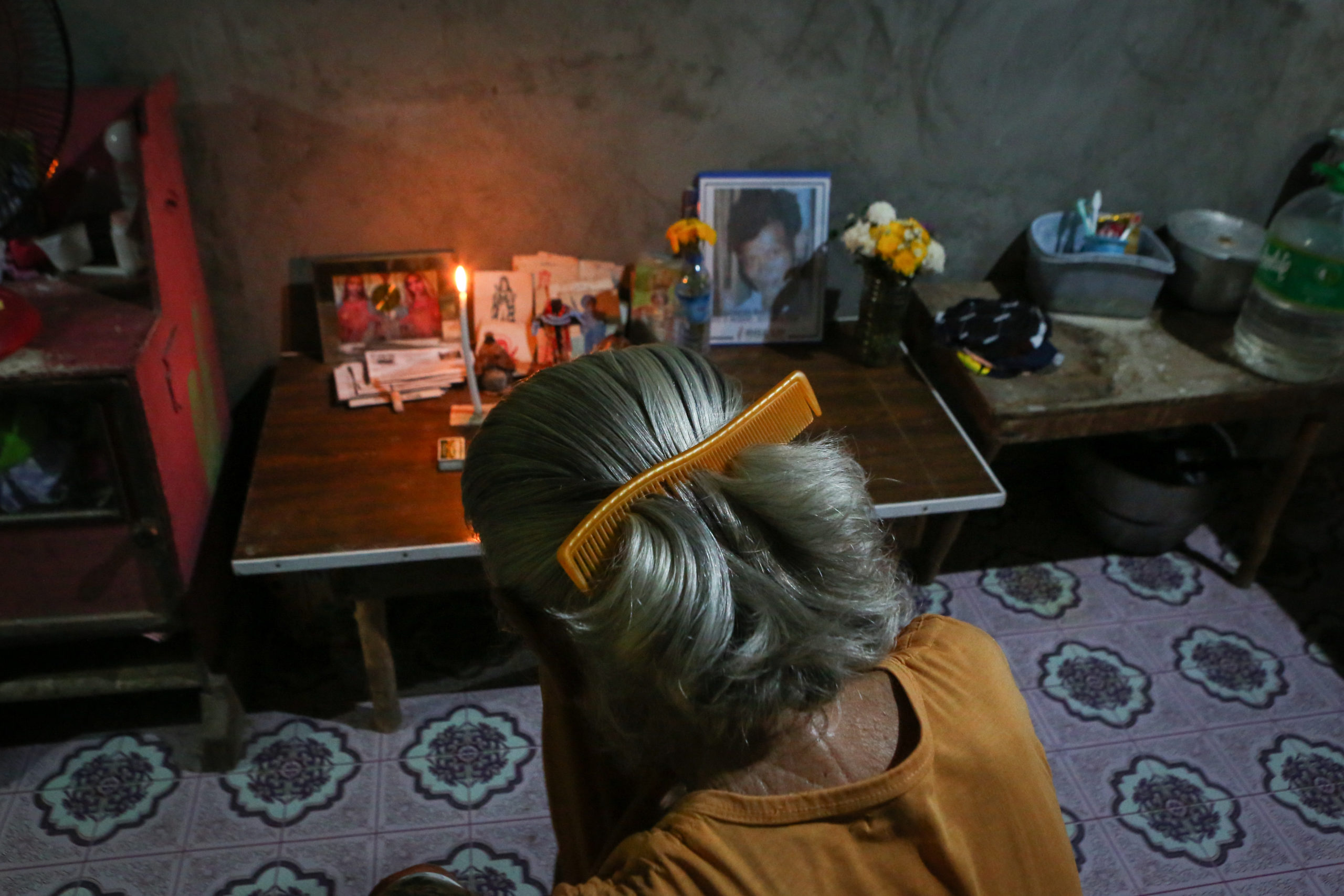The Philippine House of Representatives’ so-called quad committee called for a reinvestigation into the extrajudicial killings (EJK) linked to the so-called “war on drugs” of former President Rodrigo Duterte. Several members of the committee brought up the idea during its hearing on January 21, 2025, prompted by the low number of convicted police officers relative to the number of people killed in anti-drug operations of the police. This was the first time that the legislative panel specifically mentioned a reinvestigation into the unresolved cases, which, according to human rights organizations, involves about 30,000 civilians killed in the context of Duterte’s “war on drugs.”
Despite the thousands who died in the anti-drug campaign, the Philippine National Police referred only 52 cases to the Department of Justice for further investigation. 32 of those cases were reportedly closed by authorities without any criminal charges being filed.
A reinvestigation of the killings would allow proper charges to be filed in court, said quad committee co-chairperson Bienvenido Abante. He said that the police were not properly investigating the killings because of the policy of the former president.
Investigators now face many other obstacles like limited evidence, dismissal of complaints and reluctance of victims’ families to pursue the case. The quad committee has earlier unveiled testimonies that directly implicate Duterte to the drug war, like former police colonel Royina Garma’s affidavits confirming the campaign’s reward system and the former president’s Davao Death Squad. The committee recommended in December 2024 the filing of a complaint for crimes against humanity against Duterte and his allies. It also suggested the creation of a body that will review EJKs related to the war on drugs.
Meanwhile, discussions are underway about how to treat EJKs legally. On January 22, the Office of Solicitor General (OSG) proposed amending the Revised Penal Code (RPC) to classify EJKs as crimes against persons, aiming to harmonize House Bill No. 10986 with the RPC. The bill seeks to classify and penalize EJKs as a heinous crime while providing reparations for the victims. The measure, called the Anti-EJK Act, was filed on October 11, 2024 by the quad committee based on its findings from its hearings on EJKs in the context of Duterte’s “war on drugs.”
The Philippine Commission on Human Rights (CHR) argued during a House Committee on Justice’s hearing on January 22, 2025, that EJKs should be treated as a separate crime, not as an aggravating circumstance in murder cases. CHR lawyer Jasmin Navarro-Regino stressed that EJKs are a systemic issue involving impunity and abuse of power, and that recognizing EJKs as a distinct crime is crucial for effective accountability.
The debate continued whether EJKs should be classified separately or integrated into the RPC. Human rights groups and the CHR advocated for a standalone law, while the OSG supported including EJKs in the RPC for streamlined prosecution.
Additionally, President Ferdinand Marcos Jr. signed Administrative Order No. 29 on January 22, 2025 which formed a technical inter-agency working group for the formation of a National Forensics Institute (NFI) aiming to improve forensic expertise in the country. Marcos Jr. said that the Philippines already pledged during the 75th anniversary of the Universal Declaration of Human Rights in Geneva in December 2023 to establish an NFI. The technical working group (TWG) is headed by the Office of the Executive Secretary and the Department of Justice. Members are, among other government agencies, the Presidential Human Rights Committee and the University of the Philippines Manila. The TWG is mandated to come up with a comprehensive study and recommendations on establishing an NFI.
Photo © Raffy Lerma

